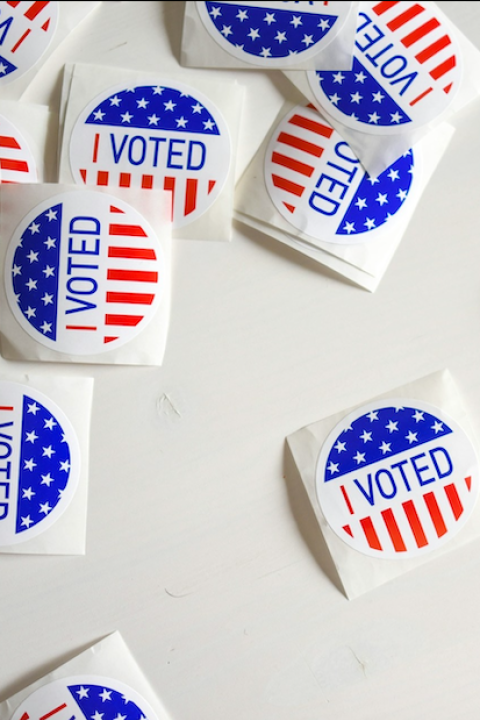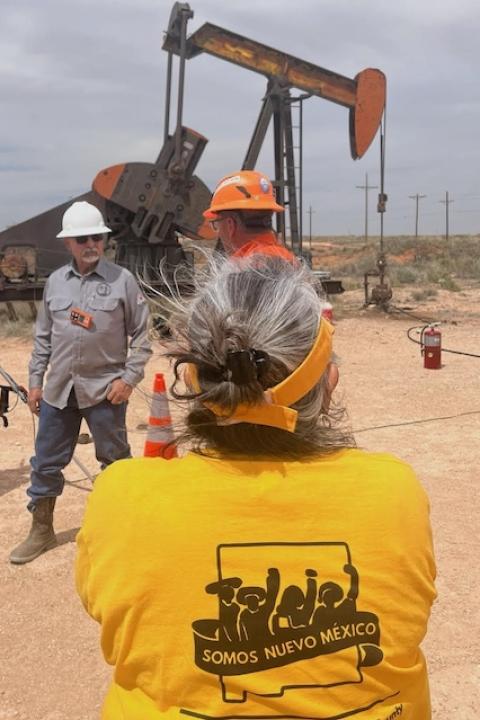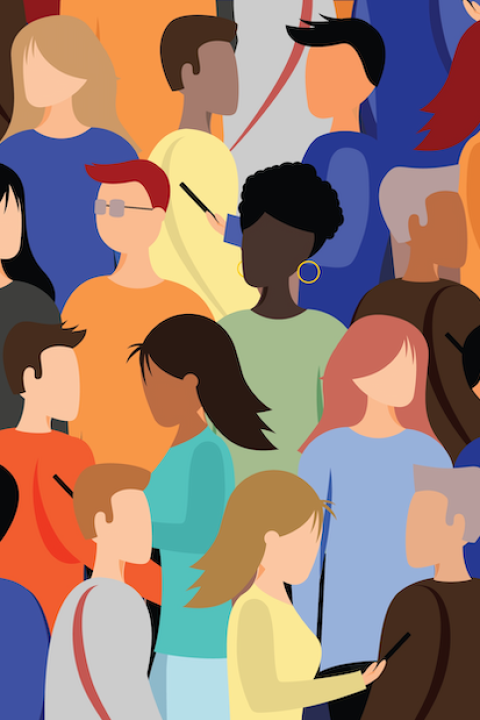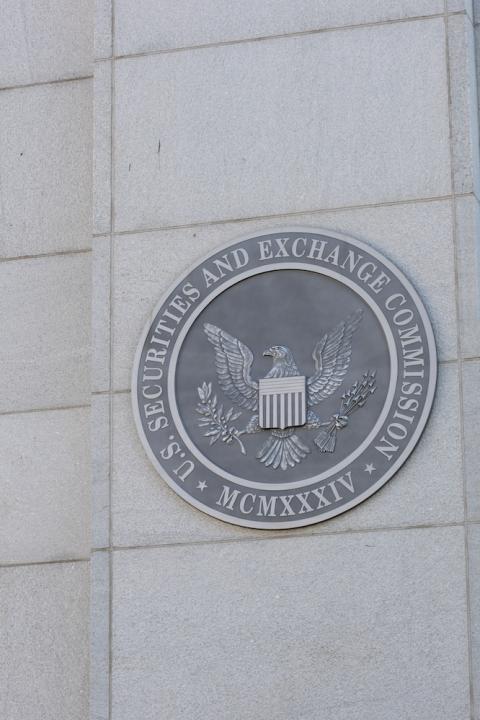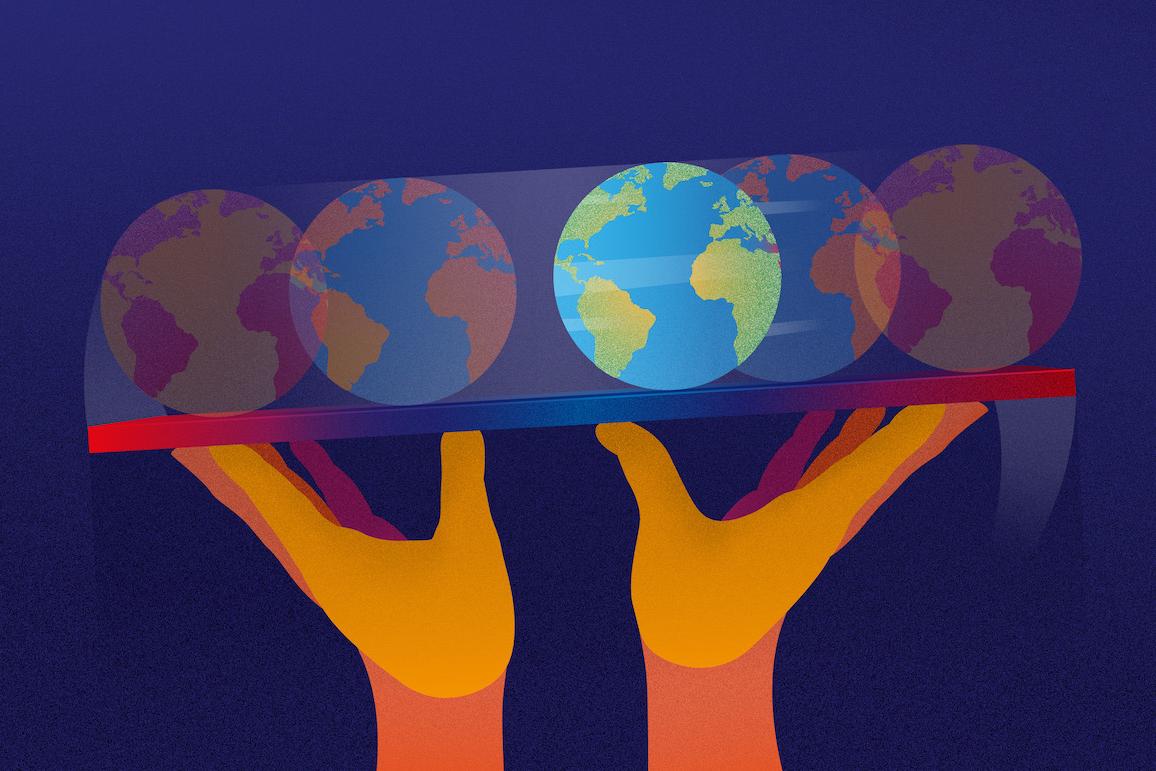
Our overheating planet needs social change more than it needs to avoid the physical tipping points we've come to associate with climate disaster, according to a new study from the University of Hamburg. The researchers note that while progress has been made in numerous arenas — such as citizen action, fossil fuel divestment, and implementation of U.N. and legislative policies to curb emissions — consumption patterns and corporate behavior remain prime barriers in the fight against climate change.
Ultimately, one is likely the product of the other, with consumers reacting to the constant onslaught of advertising and social media influence designed to keep them buying with little regard for the real consequences for the climate.
Nowhere is this more obvious than with the push to replace internal combustion engines (ICE) with electric vehicles (EVs) instead of building a nationwide infrastructure of public transportation — as Curbed's Alissa Walker detailed in her extensive report last month, "An EV In Every Driveway Is an Environmental Disaster”.
"A green future, the story goes, looks a lot like today — it's just that the cars on the road make pit stops at charging stations instead of gas stations,” Walker wrote. "But a one-for-one swap like that — an EV to take the place of your gas guzzler — is a disaster of its own making: a resource-intensive, slow crawl toward a future of sustained high traffic deaths, fractured neighborhoods, and infrastructural choices that prioritize roads over virtually everything else.”
Truly, a low-carbon future requires systemic change, with society organized not around the personal passenger vehicle but around community and getting the most out of transportation resources through integrated public transit. Swapping out ICE vehicles for EVs does nothing to curb the overconsumption problem. If anything, it intensifies it — with many consumers under the mistaken impression that prematurely replacing their gas-powered car or truck somehow helps the environment.
If anything, staying the course on cars represents a refusal to allow social change, with governments and automakers working together to keep the industry going strong in spite of the environmental and social costs.
And while consumers are consistently blamed for their desires, there is no denying that many of those wants and needs are manufactured by corporate interests and used to sell everything from shiny new vehicles to fast fashion. Would Americans really be so eager to shell out an average of almost $6,000 annually per household on loan payments and car insurance alone if not for the incessant advertising campaigns convincing us that we'll find freedom, or love, or whatever else we desire in our next brand new car?
Would young people really care about being seen in the same outfit twice if the fashion world didn't shove the message down their throats that it's a bad thing? Would fast fashion — with garments that notoriously fall apart after just a few washes — have much of a market if clothing companies didn't pay influencers to a model a one and done lifestyle?
Putting the onus of change on consumers, even as corporate interests invest in convincing them to do more of the same, is precisely why social change is not forthcoming at the rate that is needed. Indeed, while Americans say they are willing to alter their lifestyles to curb climate change, those who rely on their overconsumption aren't going to give up trying to sell them more than they need any time soon.
The study, titled Hamburg Climate Futures Outlook, concurs with the U.N.'s determination that humanity will not be able to keep global temperatures from rising 1.5 degrees Celsius as set out in the Paris Agreement on climate change. The researchers emphasize the need for social change now versus the current focus on individual physical tipping points like melting ice sheets that won't have much effect on temperatures until 2050.
"The question of what is not just theoretically possible, but also plausible — that is, can realistically be expected — offers us new points of departure,” researcher Anita Engels of the University of Hamberg said in a statement. "If we fail to meet the climate goals, adapting to the impacts will become all the more important.”
Unfortunately, corporate and billionaire interests appear more than willing to force humanity to adapt as they sacrifice the habitability of much of the planet in order to continue business- and consumption-patterns-as-usual.
For companies aiming to become part of the solution on climate change, the Outlook recommends moving beyond the facility level (Scope 1 emissions) to address emissions across the value chain (Scope 3) — particularly how companies influence and interact with their stakeholders. If governments can come together transnationally, and non-government actors like companies take action against climate change within their entire scope of influence, these crucial social tipping points could come closer into reach.
Image courtesy of the University of Hamburg

Riya Anne Polcastro is an author, photographer and adventurer based out of the Pacific Northwest. She enjoys writing just about anything, from gritty fiction to business and environmental issues. She is especially interested in how sustainability can be harnessed to encourage economic and environmental equity between the Global South and North. One day she hopes to travel the world with nothing but a backpack and her trusty laptop.





